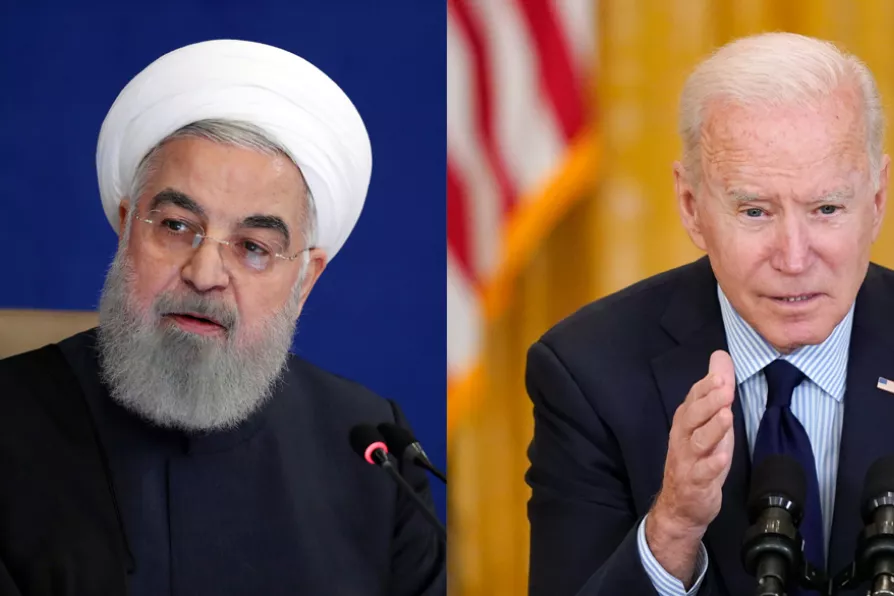From Chartists and Suffragettes to Irish republicans and today’s Palestine activists, the treatment of hunger strikers exposes a consistent pattern in how the British state represses those it deems political prisoners, says KEITH FLETT

 Iranian President Hassan Rouhani (left) and (right) US President Joe Biden
Iranian President Hassan Rouhani (left) and (right) US President Joe Biden
IRAN’S national democratic revolution, which overthrew the dictatorship of the Shah in 1979, was a culmination of demands for democracy and progress that had been simmering in Iran since the MI6-inspired overthrow of the government of Mohammad Mossadegh in the 1953 coup.
That the revolution was subsequently hijacked by reactionary theocratic forces, resulting in the establishment of the Islamic Republic of Iran, is one of the modern-day tragedies of the politics of the Middle East.
The mission of the leaders of the Islamic Republic has, for much of the past 40 years, been reasonably clear. The Islamic Republic has been predicated on exporting Islamic revolution across the region based upon the Shia tendency within Islam, as opposed to the form of Sunni Islam supported by Saudi Arabia.

Payam Solhtalab talks to GAWAIN LITTLE, general secretary of Codir, about the connection between the struggle for peace, against banking and economic sanctions, and the threat of a further military attack by the US/Israel axis on Iran

In the second of two articles, STEVE BISHOP looks at how the 1979 revolution’s aims are obfuscated to create a picture where the monarchists are the opposition to the theocracy, not the burgeoning workers’ and women’s movement on the streets of Iran

The Islamic Republic’s suddenly weakened regional position exposes the nation to grave threats from US imperialism











